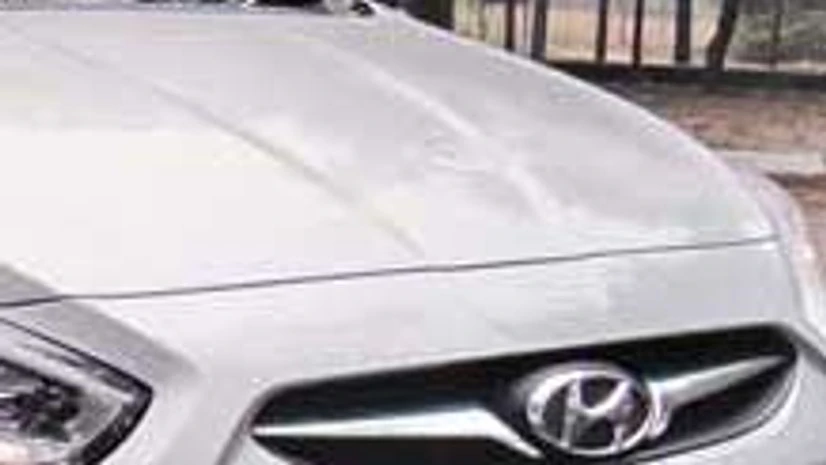Is the great story of India becoming an export hub for cheap cars to the world getting dented? In a significant move, Hyundai Motor India Ltd (HMIL) yesterday announced that it has stopped exports of its popular i10 and i20 car models from India to Europe.
Instead, these cars will now be exported from its facilities in Turkey (where capacity has been doubled to 200,0000) as well as Czechoslovakia.
So is India becoming un- competitive? After all, as much as 40% of the cars exported by HMIL last financial year went to Europe. Last year, the company exported more than 2.53 lakh vehicles, or nearly 45%, of their total production of 6.3 lakh vehicles.
Also Read
Hyundai, of course, says they had to take the decision of stopping exports because they want to free up capacity for domestic production, especially since they have also announced the launch of a new model – the i20 Elite. Yet, a cursory look at the numbers show that they still have capacity left. With a bit of tweaking, for example, the Chennai plant can produce up to 6.8 lakh cars, or about 40,000 extra cars a year. Yet their target this financial year is to make only 6 lakh cars as they have projected exports to drop.
Also, if exports from India had been attractive, they would have planned their capacity expansion earlier to meet export requirement.
The real reason, perhaps, can be found in Hyundai’s strategy. The company has always believed that they need to set up plants near the markets where they sell so that they can save on freight costs. Moving cars from a distance like India is expensive. So with its plants in Europe, which saw capacity increases, the argument for ex-India exports has weakened.
Besides, the idea of shifting exports of the two cars from India to manufacturing them in Europe is not new for the Korean company. In 2009, when Hyundai India faced a prolonged strike in its factory and which impacted the production of their hot-selling export models, they also realised that a disturbance thousands of miles away could seriously jeopardise their European ambitions. That is not a good situation to be in for any exporter.
The company’s then managing director H S Lheem, didn’t mince words and announced that it would shift production of cars exported from India to Europe in a year for two reasons – high logistics costs and a 6.5% import duty levied by European nations on cars exported from India. That is what they have done now.
While negotiations are on between India and EU to reduce this duty level, among other things, no headway has taken place in the bilateral trade agreement.
(Surajeet Das Gupta is National Corporate Editor, covering sectors such as automobiles, aviation, telecom, media and consumer goods, among others).

)
